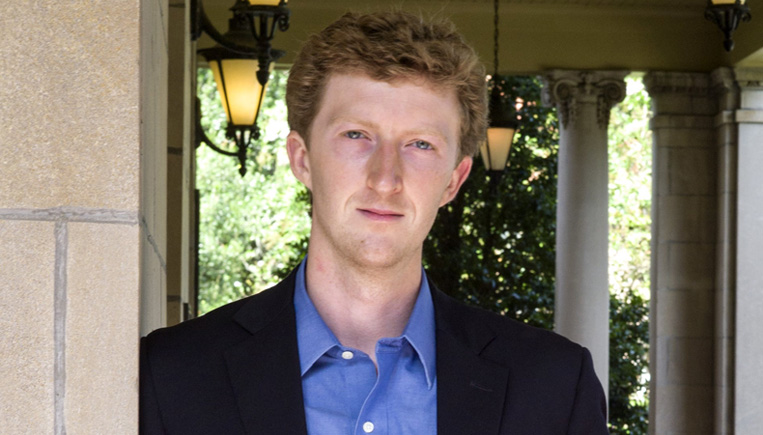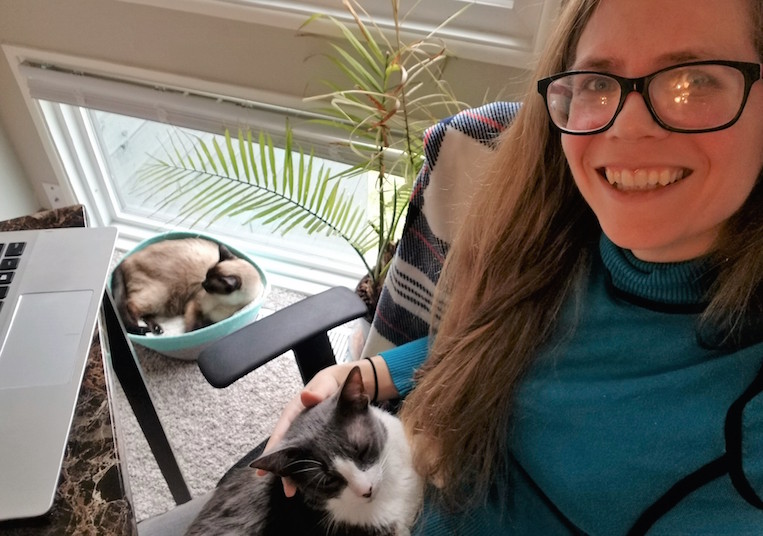Deadline Approaches for the Louise Meriwether First Book Prize
Submissions are open for the 2021 Louise Meriwether First Book Prize, presented by the Feminist Press and TAYO Literary Magazine. “Granted to a manuscript that follows in the tradition of Meriwether’s Daddy Was a Number Runner, one of the first contemporary American novels featuring a young Black girl as the protagonist,” the prize honors a debut work of prose by a woman of color or a nonbinary author of color. The winning writer will receive $5,000 and publication of their book by the Feminist Press in the spring of 2021.
To submit, email a work of fiction or narrative nonfiction between 30,000 to 80,000 words and a cover letter by June 30. There is no entry fee. Feminist Press executive director and publisher Jamia Wilson, TAYO Literary Magazine editor in chief Lis P. Sipin-Gabon, author and professor Bridgett M. Davis, and past prize winner Melissa Valentine will judge. Visit the website for complete guidelines.
Louise Meriwether is the author of several books and is also a journalist, antiwar activist, professor, and essayist. She has been a member of the Harlem Writers Guild since its beginning, and has won grants from the National Endowment for the Arts and the Mellon Foundation. Meriwether received a lifetime achievement award in 2016 from the Before Columbus Foundation. That same year Gale Brewer, the Manhattan borough president, declared May 8 to be Louise Meriwether Appreciation Day. In celebration of the impact of Meriwether’s literary career, the prize furthers her “legacy of telling much-needed stories that shift culture and inspire new writers.” Finalists for the first book prize will be notified in October of this year, and the winner will be announced in March 2021. Past prize winners include YZ Chin, Claudia D. Hernández, and Cassandra Lane.







